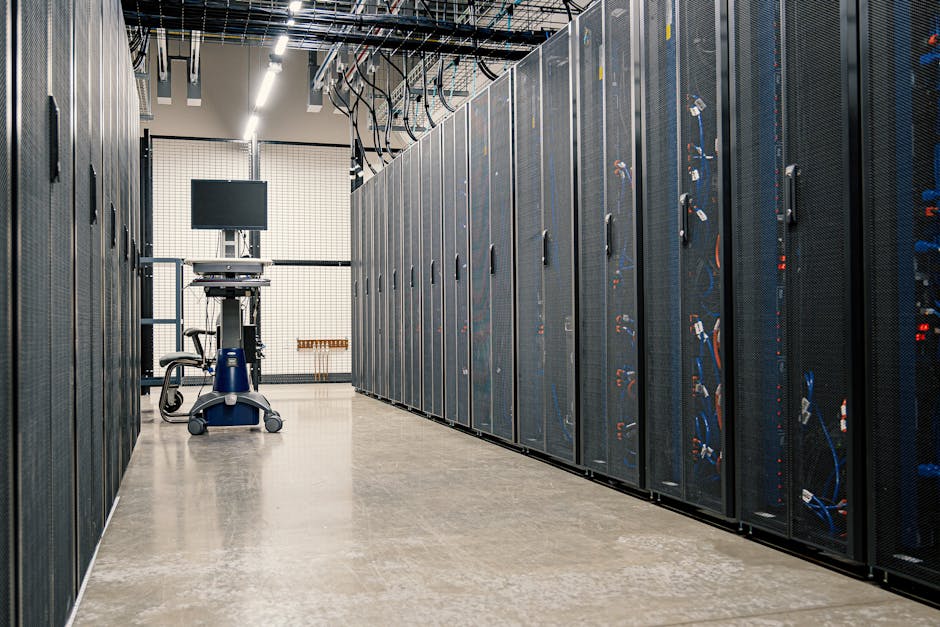
GEO Satellites: Revolutionizing Global Communication and Navigation
GEO satellites, or Geostationary Earth Orbit satellites, are a type of satellite that orbits the Earth at an altitude of approximately 36,000 kilometers, remaining stationary relative to a fixed point on the equator. This unique characteristic allows GEO satellites to provide continuous coverage of a specific region, making them ideal for a variety of applications, including global communication, navigation, and weather forecasting.
GEO satellites have been in use for several decades, with the first GEO satellite, Syncom 2, launched in 1963. Since then, hundreds of GEO satellites have been launched, providing a wide range of services and applications that impact our daily lives. From enabling global communication and navigation to monitoring weather patterns and providing critical infrastructure for emergency response and disaster relief, GEO satellites play a vital role in modern society.
Applications of GEO Satellites
GEO satellites have a wide range of applications, including global communication, navigation, weather forecasting, and Earth observation. In the field of global communication, GEO satellites provide a critical link between different regions of the world, enabling international telephone calls, television broadcasts, and internet connectivity. Navigation systems, such as GPS, rely on GEO satellites to provide location information and timing signals, which are used to determine position, velocity, and time.
In addition to communication and navigation, GEO satellites are also used for weather forecasting and Earth observation. Weather satellites in GEO orbit provide Images of cloud patterns, sea surface temperatures, and other weather-related data, which are used to predict weather patterns and issue warnings for severe weather events. Earth observation satellites, on the other hand, provide data on the Earth’s land, oceans, and atmosphere, which are used to monitor climate change, track natural disasters, and manage natural resources.
Benefits of GEO Satellites
The benefits of GEO satellites are numerous and far-reaching. One of the primary benefits is global coverage, which enables communication and navigation services to be provided to remote and underserved areas. GEO satellites also provide high-quality, high-speed internet connectivity, which is essential for economic development, education, and healthcare.
In addition to these benefits, GEO satellites also provide critical infrastructure for emergency response and disaster relief. During natural disasters, such as hurricanes, earthquakes, and tsunamis, GEO satellites can provide vital communication links, enabling emergency responders to coordinate relief efforts and provide critical services to affected areas.
Challenges and Future Developments
Despite the many benefits of GEO satellites, there are also challenges and limitations to their use. One of the primary challenges is the risk of satellite congestion, which occurs when too many satellites are operating in the same frequency band, causing interference and reducing the quality of service. Another challenge is the cost of launching and maintaining GEO satellites, which can be prohibitively expensive for some organizations and countries.
Despite these challenges, the future of GEO satellites looks promising. Advances in technology are enabling the development of smaller, more efficient, and more cost-effective satellites, which are expected to increase access to space and reduce the cost of satellite services. Additionally, new applications and services, such as satellite-based Internet of Things (IoT) and 5G networks, are being developed, which are expected to drive growth and innovation in the satellite industry.




